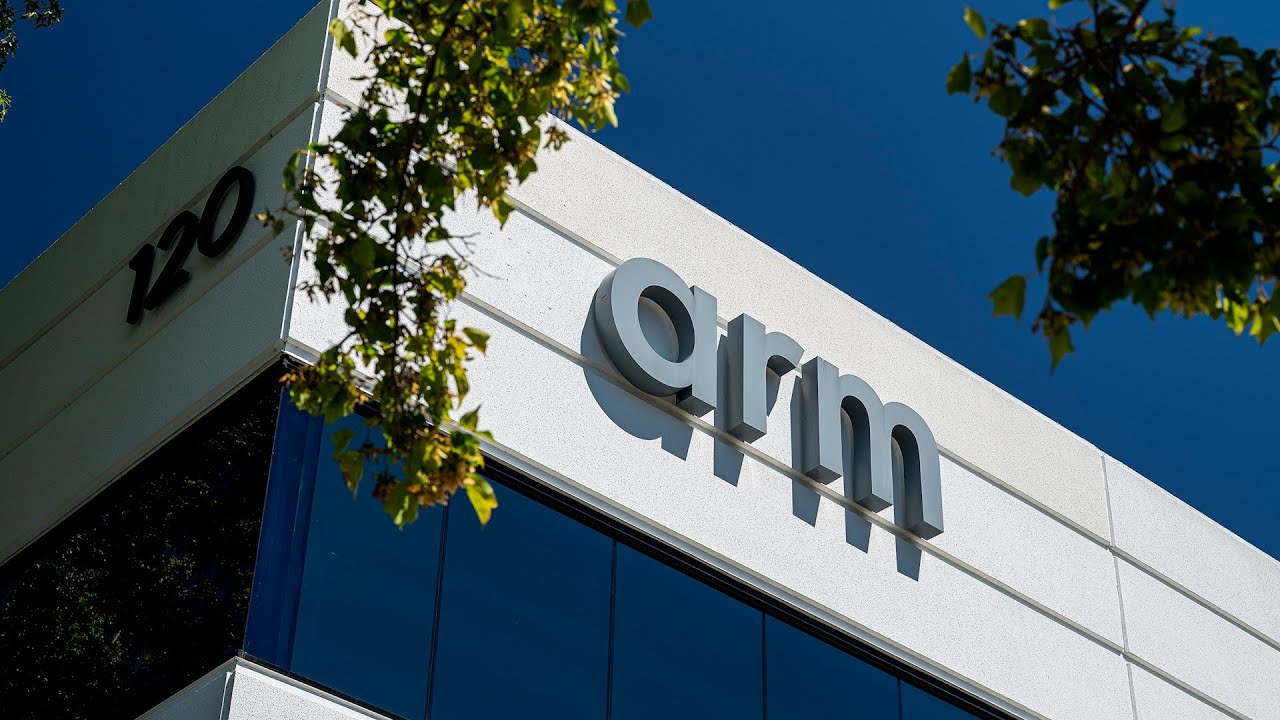Arm CEO Rene Haas expressed optimism about the company’s growth, driven by strong demand for AI technologies, and announced a projected 25% increase in annual revenue to around $4 billion. He highlighted the strategic partnership with OpenAI for building large AI data centers and noted that despite challenges in the smartphone market, Arm’s royalties are growing significantly, particularly in the premium segment.
In a recent interview, Arm CEO Rene Haas discussed the company’s optimistic outlook amid a backdrop of strong demand, particularly driven by advancements in artificial intelligence (AI). Despite some market skepticism regarding Arm’s forecasts, Haas emphasized that the company exceeded its Q3 projections and raised guidance for Q4, projecting around $4 billion in annual revenue, marking a 25% increase from the previous year. He expressed satisfaction with the business trajectory and noted record royalties, indicating robust demand across their product offerings.
Haas highlighted the significance of Arm’s partnership with OpenAI, particularly through the Stargate project, which aims to build the world’s largest AI data centers for training and inference. As the only CPU technology partner in this venture, Arm is poised to leverage substantial opportunities for technological innovation. The collaboration involves using Arm-based CPUs alongside NVIDIA-based GPUs, which will be crucial for powering large frontier AI models that require significant computational resources.
Addressing concerns about the US-China tech rivalry, Haas maintained that partnering with OpenAI is not a risk but rather a strategic advantage. He acknowledged OpenAI’s leadership in AI adoption and emphasized Arm’s collaborative relationships with various tech giants, including Google and Meta. Haas expressed confidence that the demand for computing power will exceed previous expectations, driven by the need for both training and inference in AI applications.
Haas elaborated on the concept of “distillation” in AI, which builds on existing models and requires substantial computational power. He noted that while some AI models may become more efficient, the foundational frontier models will still necessitate significant resources. This ongoing demand for compute capabilities aligns well with Arm’s business model, as it positions the company to cater to a growing market for AI workloads across various devices, including smartphones and other low-power gadgets.
Finally, addressing concerns about the slowing smartphone market, Haas pointed out that Arm’s growth in royalties is outpacing the overall market trends. Despite single-digit growth in smartphone units, Arm has experienced double-digit growth in royalties, particularly in the premium segment where more advanced technology is being integrated. He also briefly touched on ongoing litigation with Qualcomm, clarifying that it would not impact future earnings, as the trial resulted in a mistrial on one of the verdicts, leaving the dispute unresolved but without immediate financial consequences for Arm.
